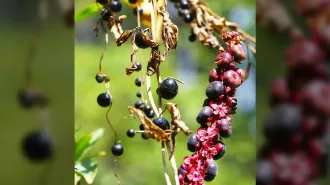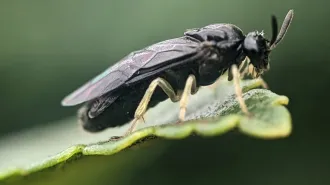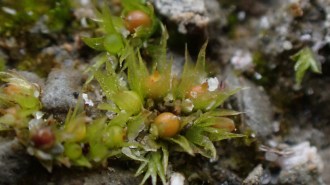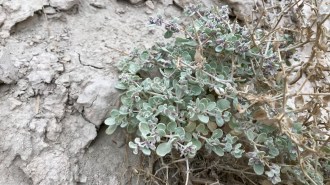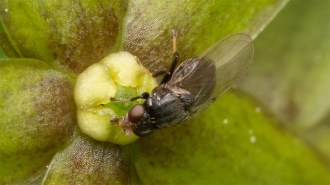Genetically modified plant may boost supply of a powerful malaria drug
Researchers tripled the amount of artemisinin naturally produced by sweet wormwood
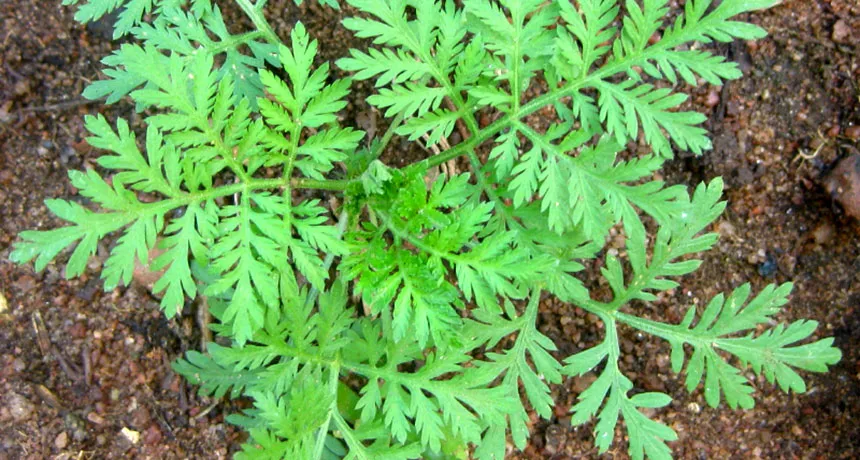
GREEN MEDICINE Derived from sweet wormwood plants, the antimalarial compound artemisinin usually composes 0.1 to 1 percent of the dry weight of the leaves. New research more than triples a plant’s yield of artemisinin, to 3.2 percent.
Ton Rulkens/Flickr (CC BY-SA 2.0)


